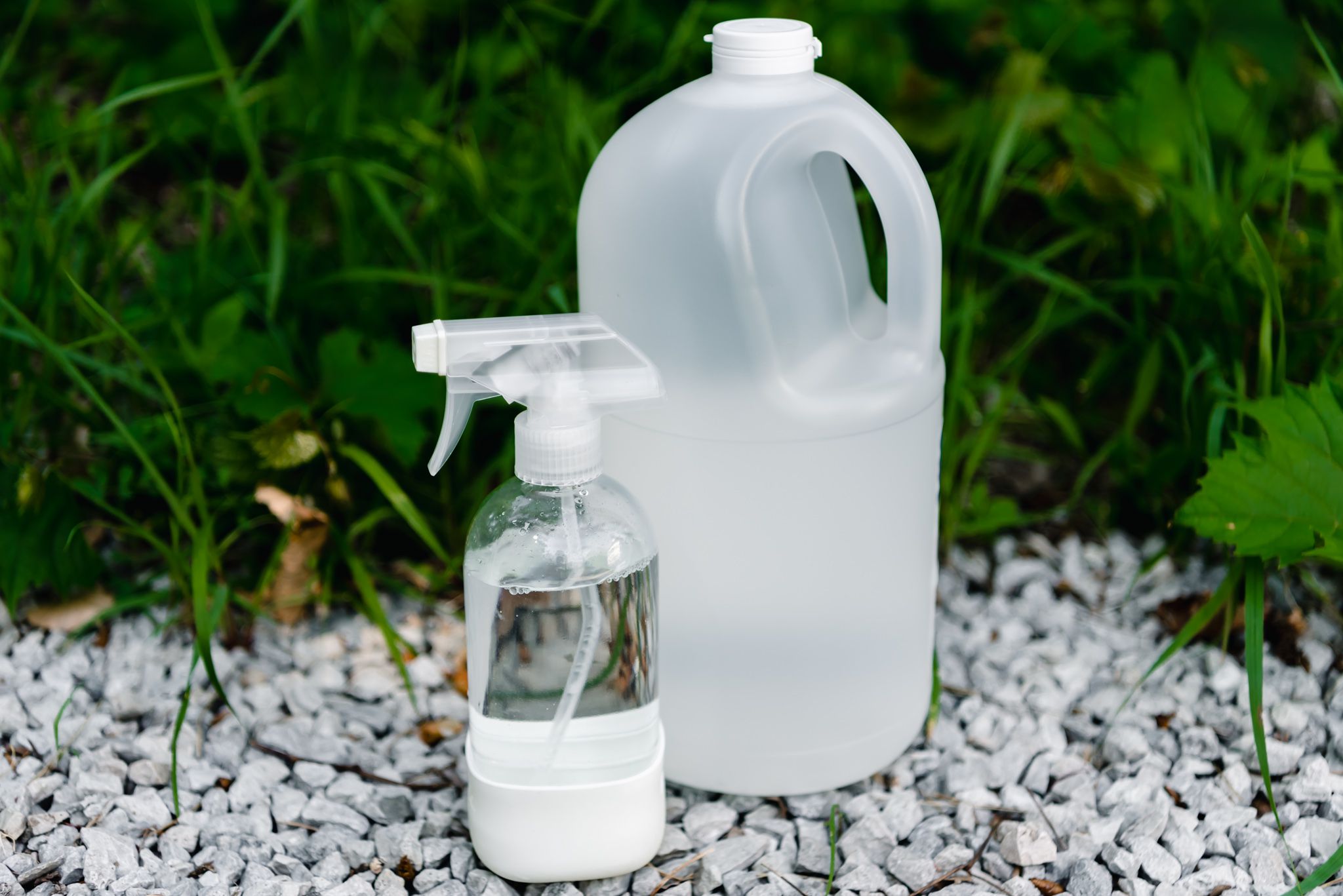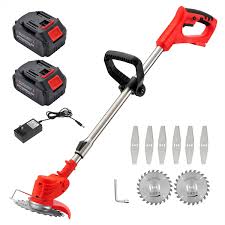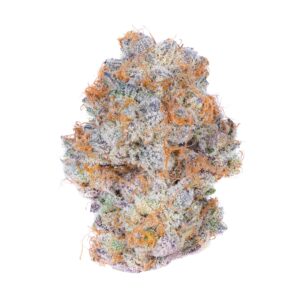Does Vinegar Kill Weeds, Weeds are a gardener’s nemesis, competing with desirable plants for nutrients, water, and sunlight. Many people seek natural alternatives to chemical herbicides, and one commonly suggested solution is vinegar. But does vinegar kill weeds effectively? Let’s delve into the science behind vinegar as a weed killer and explore its effectiveness, application methods, and safety considerations.
Understanding Vinegar as a Herbicide
Vinegar is a solution made primarily from acetic acid and water. The concentration of acetic acid can vary, with household vinegar typically containing 5% acetic acid, while agricultural vinegar can contain up to 20% or more. The acidity of vinegar can disrupt the physiological processes of plants, making it a potential candidate for weed control.
How Does Vinegar Kill Weeds?
Vinegar kills weeds by desiccating them. The acetic acid in vinegar draws moisture from the plant cells, leading to wilting and eventually death. This process is most effective on young, annual weeds with shallow roots, such as dandelions, chickweed, and crabgrass. However, it may be less effective on established perennial weeds with deeper root systems.
Effectiveness of Vinegar as a Weed Killer
- Household Vinegar (5% Acetic Acid): This is often ineffective on mature weeds or those with waxy leaves. It can kill seedlings and young weeds but might require repeated applications.
- Agricultural Vinegar (20% Acetic Acid): This stronger vinegar is more effective at killing weeds, even larger or more established ones. However, it should be handled with caution due to its corrosive nature.
Application Methods
To effectively use vinegar for weed control, consider the following application methods:
- Direct Application: Use a spray bottle or garden sprayer to apply vinegar directly to the leaves of the weeds on a dry, sunny day. Ensure thorough coverage for best results.
- Soaking Method: For larger weeds, you can soak a cloth in vinegar and place it over the leaves. This ensures that the vinegar remains in contact with the plant for an extended period.
- Pre-Emergent Control: While vinegar is not a pre-emergent herbicide, applying it to the soil in early spring can deter weed seeds from germinating.
Safety Considerations
While vinegar is a natural herbicide, it is essential to use it responsibly:
- Protect Desired Plants: Be cautious when applying vinegar near desirable plants, as it can damage them as well. Consider using a shield or cardboard to protect surrounding plants.
- Wear Protective Gear: If using agricultural vinegar, wear gloves, goggles, and a mask to protect yourself from the high acidity.
- Avoid Overapplication: Excessive use of vinegar can lead to soil acidification, potentially harming soil health over time.
Conclusion
So, does vinegar kill weeds? Yes, it can be effective, particularly against young weeds, but its success may vary based on the concentration and type of weed. While vinegar is a natural alternative to chemical herbicides, it should be used with caution and awareness of its limitations. For persistent weed problems, a combination of methods, including physical removal and mulching, may yield the best results. Ultimately, vinegar can be a useful tool in your gardening arsenal, especially for those looking to maintain a more organic approach to weed control.
You Might Also Like These:



